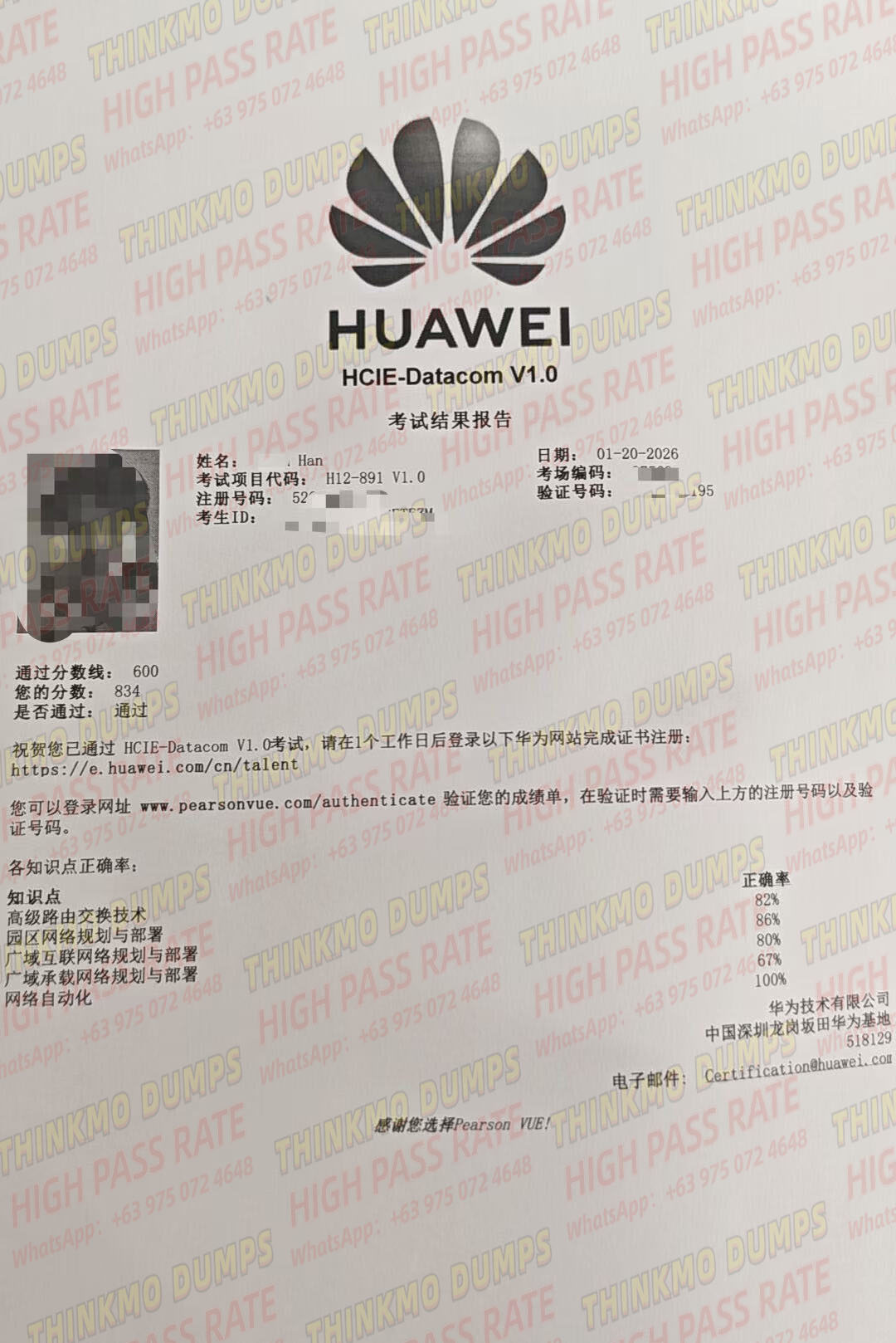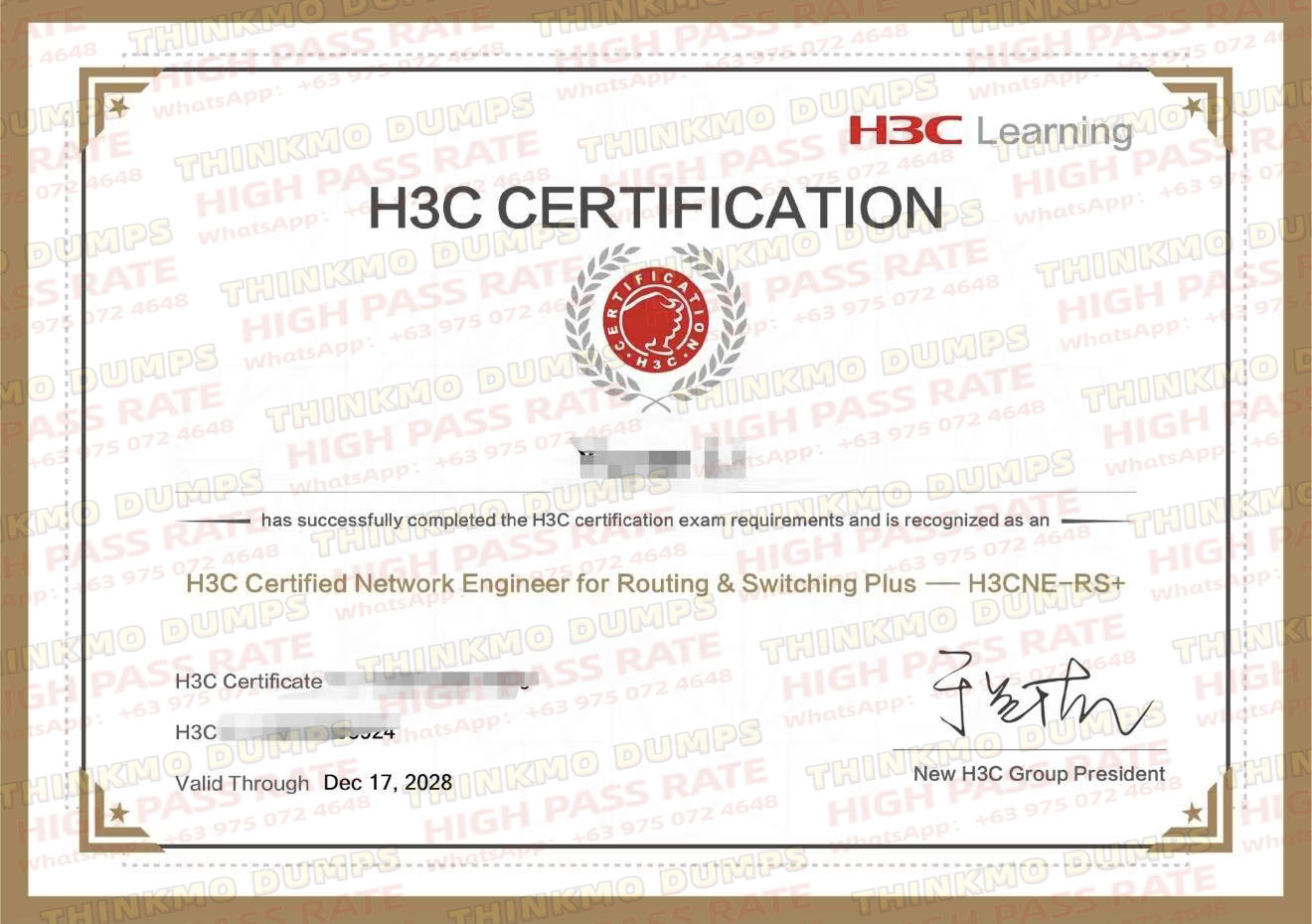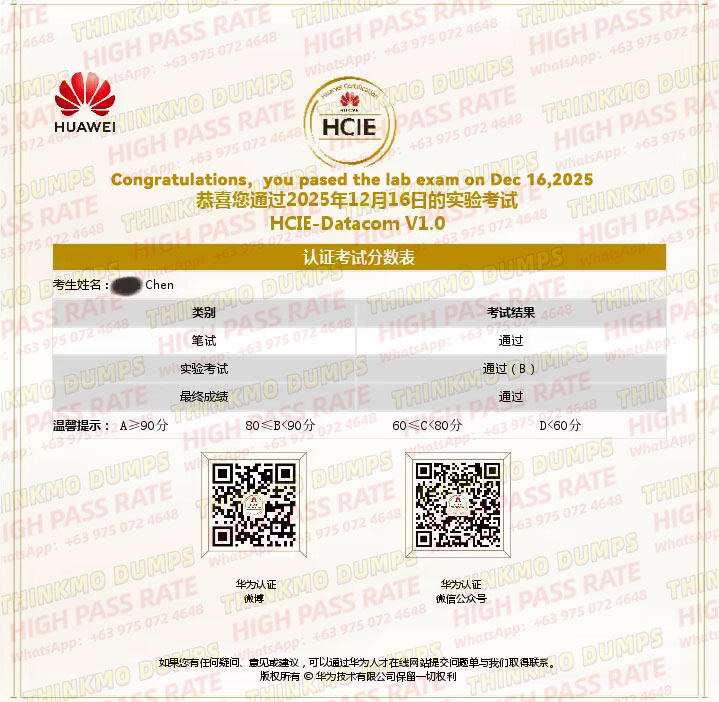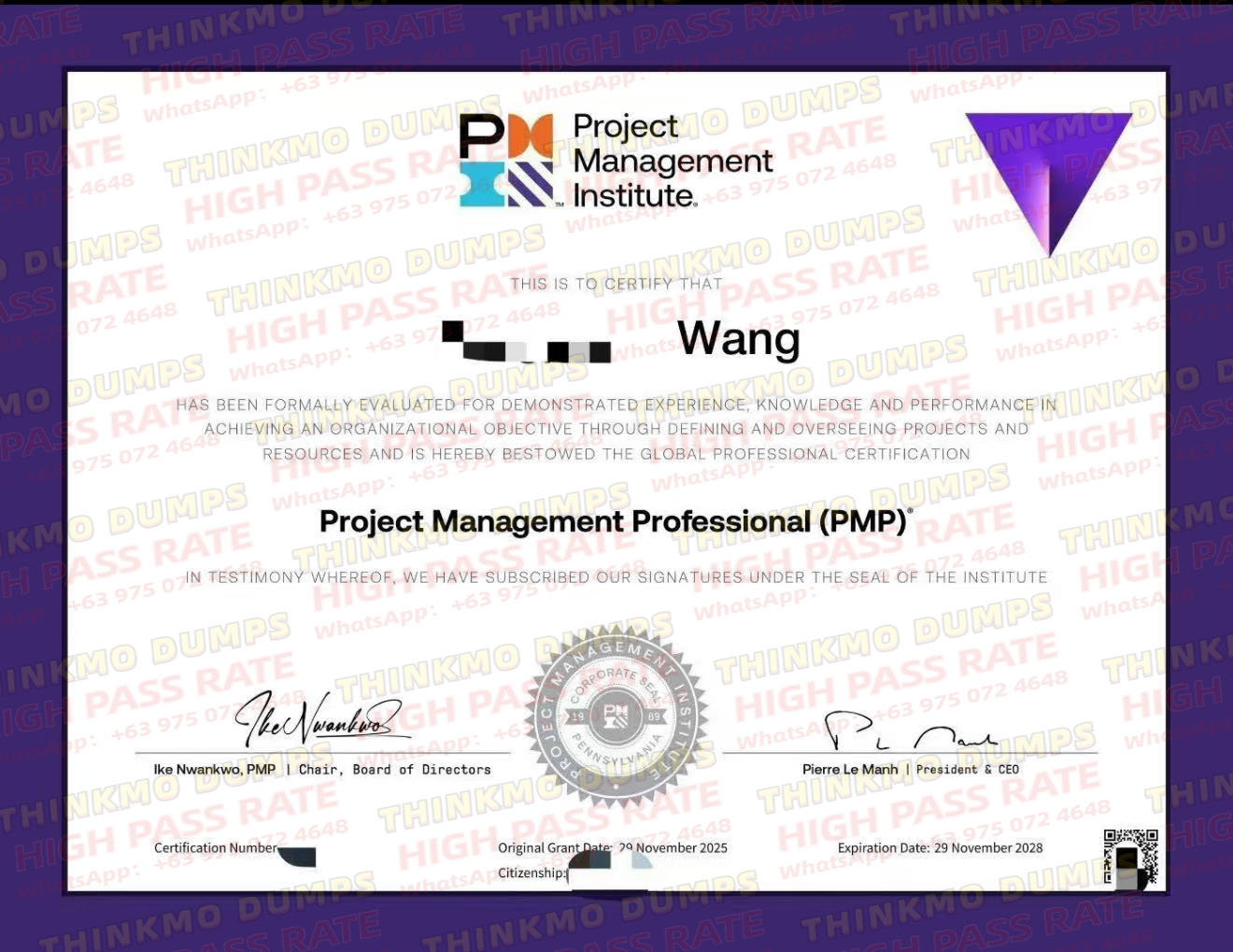How Big Is the Difficulty Gap Between Cisco Certification Levels?
Update time:2025-09-09
Cisco certifications follow a “stepwise jump” in difficulty — moving from entry-level to intermediate is a “small step,” but from intermediate to expert is a steep climb.
Here’s a breakdown of CCNA, CCNP, and CCIE requirements, exam focus points, and study tips to help you plan a clear progression path.

1.Core Differences Between the Three Levels
CCNA (Cisco Certified Network Associate): Network Logic Building
Focus: Small/medium network deployment and troubleshooting
Exam Topics: TCP/IP stack, OSPF routing principles, VLAN segmentation
Format: 90+ min exam (with drag-and-drop), passing score 600
Difficulty: ★★☆☆☆
Key Skill: Move from “knowing the devices” to “understanding network logic,” e.g., why VLANs isolate broadcast domains.

CCNP (Cisco Certified Network Professional): Scenario-Based Application
Focus: Enterprise-level network optimization
Exam Topics: BGP routing policy, firewall zone segmentation, VXLAN WAN deployments
Format: Two written exams (with case analysis), each 600 passing score
Difficulty: ★★★★☆
Key Skill: Move from “standard configs” to “business-fit solutions,” e.g., deciding between IPSec VPN or SD-WAN for a 500-user enterprise.

CCIE (Cisco Certified Internetwork Expert): Architecture & Fault Mastery
Focus: Large-scale architecture design and disaster recovery
Exam Topics: Cross-border redundancy design, complex root cause troubleshooting
Format: Written exam + 8-hour lab (design/deploy/troubleshoot/document)
Difficulty: ★★★★★
Key Skill: Move from “applying technology” to “mastering technology,” e.g., rebuilding a full network with 10+ faults in 8 hours.

2.Why the Difficulty Jump Feels So Big
CCNA → CCNP: Expands from “know how it works” → “decide how to apply it in real-world scenarios.”
CCNP → CCIE: Expands from “apply” → “design, defend, and troubleshoot under pressure.”
It’s not just more knowledge — it’s a shift in capability dimension.
3.Stage-Based Study Strategy
Entry Stage (CCNA)
Goal: Build a solid network knowledge framework
Resource: CCNA official guide + latest CCNA dumps
Study Time: 2–3 months (2 hrs/day with lab practice + question review)
Intermediate Stage (CCNP)
Goal: Develop scenario-based solution thinking
Key Training: Technology selection analysis (e.g., when to use VRRP vs. HSRP for gateway redundancy)
Study Time: 3–6 months, focus on core exam (350-401) + updated CCNP practice exams
Expert Stage (CCIE)
Goal: Train architecture design & troubleshooting under stress
Key Training: Lab-style case practice (design + deployment + troubleshooting)
4.Pitfalls to Avoid + High-Value Resources
Common Misconceptions:
Skipping CCNA for CCNP: 90% fail due to weak OSPF basics.
Passing CCIE with questions only: Lab faults are randomized, <10% pass rate by memorization alone.
Efficient Resource List:
Official: Cisco Learning Network, CCIE Lab Guides
Communities: Reddit /r/ccie, GitHub CCIE labs
Final Advice
Don’t worry too much about “how difficult” the exam is — instead, match your current ability to the right certification level:
Beginners → Start from CCNA
Experienced engineers → Push for CCNP
Senior professionals → Challenge CCIE
Certifications are just the outcome — the skills you build while preparing (with dumps) are what give you long-term career strength.
Here’s a breakdown of CCNA, CCNP, and CCIE requirements, exam focus points, and study tips to help you plan a clear progression path.

1.Core Differences Between the Three Levels
CCNA (Cisco Certified Network Associate): Network Logic Building
Focus: Small/medium network deployment and troubleshooting
Exam Topics: TCP/IP stack, OSPF routing principles, VLAN segmentation
Format: 90+ min exam (with drag-and-drop), passing score 600
Difficulty: ★★☆☆☆
Key Skill: Move from “knowing the devices” to “understanding network logic,” e.g., why VLANs isolate broadcast domains.
CCNP (Cisco Certified Network Professional): Scenario-Based Application
Focus: Enterprise-level network optimization
Exam Topics: BGP routing policy, firewall zone segmentation, VXLAN WAN deployments
Format: Two written exams (with case analysis), each 600 passing score
Difficulty: ★★★★☆
Key Skill: Move from “standard configs” to “business-fit solutions,” e.g., deciding between IPSec VPN or SD-WAN for a 500-user enterprise.
CCIE (Cisco Certified Internetwork Expert): Architecture & Fault Mastery
Focus: Large-scale architecture design and disaster recovery
Exam Topics: Cross-border redundancy design, complex root cause troubleshooting
Format: Written exam + 8-hour lab (design/deploy/troubleshoot/document)
Difficulty: ★★★★★
Key Skill: Move from “applying technology” to “mastering technology,” e.g., rebuilding a full network with 10+ faults in 8 hours.
2.Why the Difficulty Jump Feels So Big
CCNA → CCNP: Expands from “know how it works” → “decide how to apply it in real-world scenarios.”
CCNP → CCIE: Expands from “apply” → “design, defend, and troubleshoot under pressure.”
It’s not just more knowledge — it’s a shift in capability dimension.
3.Stage-Based Study Strategy
Entry Stage (CCNA)
Goal: Build a solid network knowledge framework
Resource: CCNA official guide + latest CCNA dumps
Study Time: 2–3 months (2 hrs/day with lab practice + question review)
Intermediate Stage (CCNP)
Goal: Develop scenario-based solution thinking
Key Training: Technology selection analysis (e.g., when to use VRRP vs. HSRP for gateway redundancy)
Study Time: 3–6 months, focus on core exam (350-401) + updated CCNP practice exams
Expert Stage (CCIE)
Goal: Train architecture design & troubleshooting under stress
Key Training: Lab-style case practice (design + deployment + troubleshooting)
Study Time: 6–12 months, with heavy use of CCIE dumps to simulate 8-hour scenarios
4.Pitfalls to Avoid + High-Value Resources
Common Misconceptions:
Skipping CCNA for CCNP: 90% fail due to weak OSPF basics.
Passing CCIE with questions only: Lab faults are randomized, <10% pass rate by memorization alone.
Thinking simulators = real gear: CCNP+ requires real-like configs;use advanced lab emulators + dumps for realistic prep.
Efficient Resource List:
Official: Cisco Learning Network, CCIE Lab Guides
Dumps Resources: CCNA/CCNP/CCIE real exam collections (frequently updated)
Practice Tools: EVE-NG, Cisco Modeling LabsCommunities: Reddit /r/ccie, GitHub CCIE labs
Final Advice
Don’t worry too much about “how difficult” the exam is — instead, match your current ability to the right certification level:
Beginners → Start from CCNA
Experienced engineers → Push for CCNP
Senior professionals → Challenge CCIE
Certifications are just the outcome — the skills you build while preparing (with dumps) are what give you long-term career strength.
I'm your man who have the 100% valid dumps , buy it now for 50% off to clear your exam!
Click it ↓

Hot article
-
 1
1 1. ThinkMo Precise Question Bank: Ace HCIE Written
上传:2026-01-23
-
 2
2 Triple H3CNE/H3CSE Passes | ThinkMo Christmas Succe
上传:2025-12-25
-
 3
3 Success Streak: ThinkMo’s Dec HCIE-Datacom Win
上传:2025-12-24
-
 4
4 ThinkMo Guide: Cisco & Huawei Certification Com
上传:2025-12-22
-
 5
5 Pass CCIE/CKA Exams with ThinkMo’s Top Question B
上传:2025-12-19








